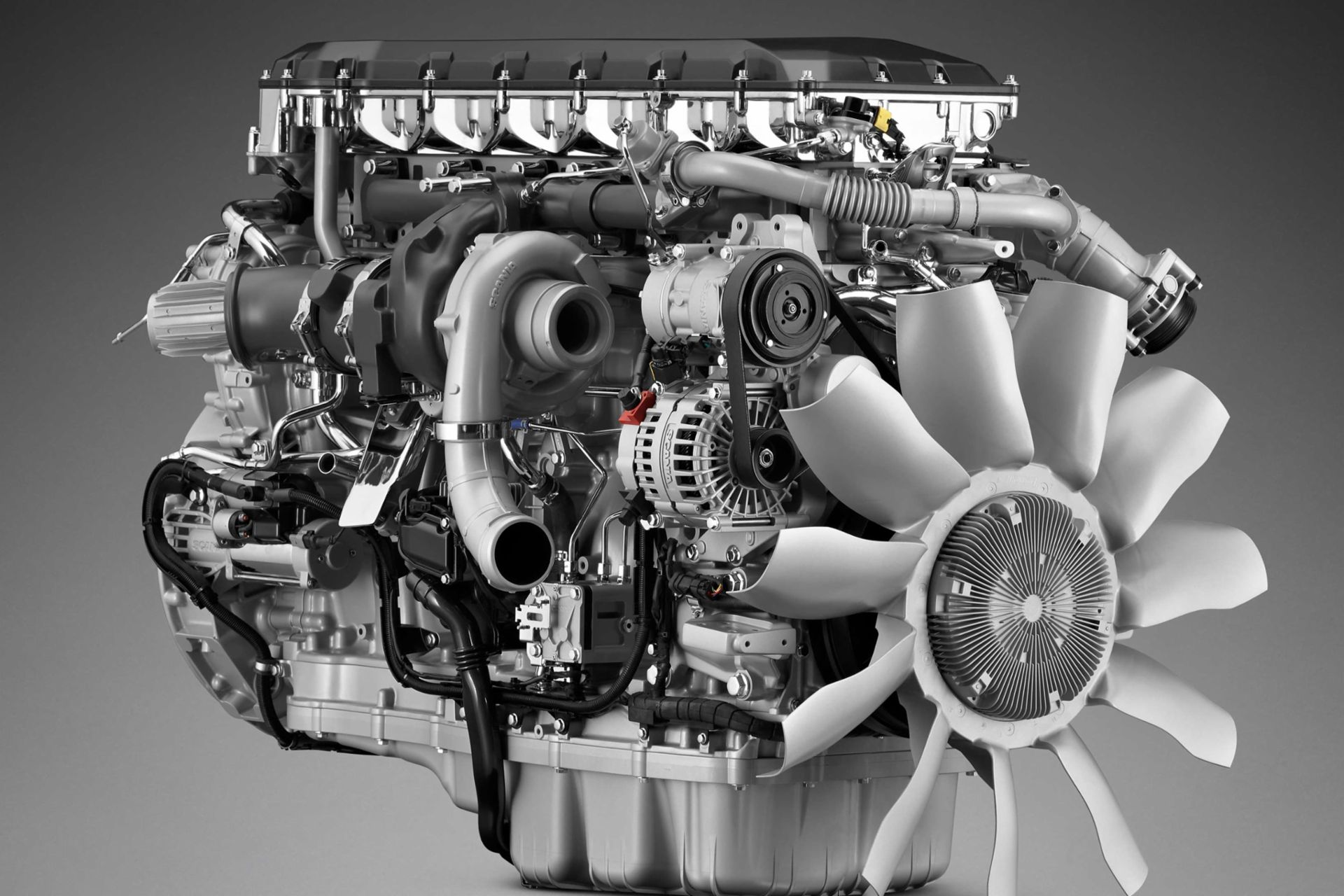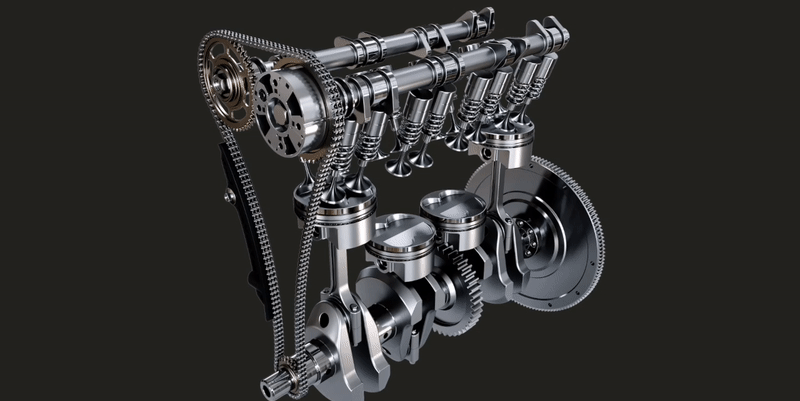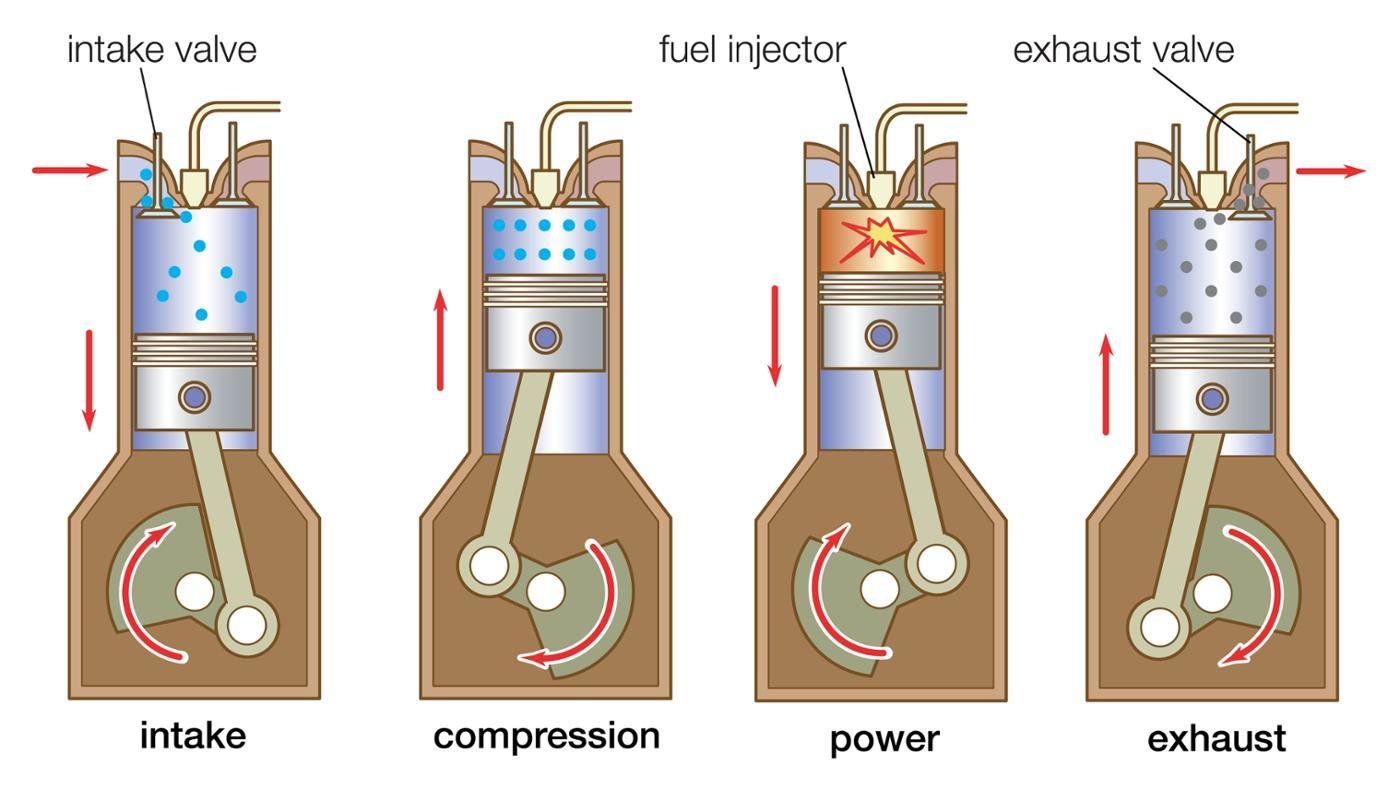What Sets Engines For Africa Apart in the Sector
What Sets Engines For Africa Apart in the Sector
Blog Article
Check Out a Wide Variety of Engines for each Car and Function
The auto landscape is progressively complex, with a diverse array of engine kinds made to satisfy certain performance and efficiency demands across different vehicle classifications. From the high-performance engines that power sports cars and trucks to the fuel-efficient alternatives tailored for daily travelling, the options are huge and varied. Additionally, durable engines offer the needs of job automobiles, while environmentally friendly options are gaining grip in the pursuit of sustainable transportation. Recognizing these distinctions is important for making educated choices, specifically as emerging modern technologies proceed to form the future of auto engineering. What implications might these developments hold for makers and customers alike?
Sorts Of Automotive Engines
Automotive engines can be classified right into several distinctive kinds, each designed to meet particular efficiency and effectiveness requirements. One of the most typical groups consist of interior combustion engines, electrical engines, and hybrid systems.

Electric engines, on the other hand, run on electric power saved in batteries, giving instant torque and absolutely no discharges. These engines are becoming significantly prominent as a result of innovations in battery innovation and the expanding focus on sustainability.
Hybrid systems incorporate both internal burning and electrical engines, enabling vehicles to maximize gas performance and reduce discharges by seamlessly changing in between power sources. Each engine type presents its benefits and negative aspects, affecting factors such as car layout, meant usage, and market need. Recognizing these distinctions is crucial for consumers and makers alike when picking the appropriate engine for their specific needs.
Efficiency Engines for Sports Cars
Efficiency engines for cars are particularly crafted to deliver boosted dexterity, power, and speed, establishing them aside from standard auto engines. These engines frequently make use of innovative innovations such as turbocharging, supercharging, and variable valve timing to make the most of efficiency and responsiveness.
Normally, efficiency engines are made with greater compression proportions, which permit for greater power extraction from fuel. This causes excellent horse power and torque numbers, making it possible for fast acceleration and higher top speeds. The lightweight products made use of in these engines, such as aluminum and carbon fiber, contribute to reduced overall car weight, boosting handling and ability to move.
Engine setups like V6, V8, and even hybrid systems are typical in efficiency cars, each offering one-of-a-kind benefits in regards to power delivery and driving dynamics. The tuning of these engines is also essential; many manufacturers enhance the engine management systems to give a thrilling driving experience, frequently consisting of sport settings that readjust throttle reaction and equipment shifts.
Effective Engines for Daily Commuters
In the world of daily travelling, reliable engines play an important duty in enhancing gas economy and decreasing emissions while offering reliable performance. As metropolitan populaces expand and environmental worries intensify, the demand for automobiles furnished with reliable powertrains has actually risen.
Modern engines designed for everyday travelers usually incorporate innovations such as turbocharging, direct fuel shot, and hybrid systems. Turbocharging enhances engine performance forcibly even more air right into the combustion chamber, permitting smaller, lighter engines that do not compromise power outcome. Straight fuel shot enhances fuel atomization, leading to much better combustion and enhanced performance.
Crossbreed engines, combining interior burning with electric power, additional increase fuel economic situation, specifically in stop-and-go traffic, find out here where typical engines can experience inefficiencies. Electric motors assist throughout velocity and can run separately at low rates, reducing total gas usage.
Furthermore, improvements in engine management systems and lightweight products add considerably to efficient engine design. By concentrating on efficiency, longevity, and ecological sustainability, makers remain to deliver engines that not only fulfill the needs of daily commuting yet likewise align with worldwide efforts to reduce carbon impacts.
Heavy-Duty Engines for Work Automobiles
Heavy-duty engines for job cars are routinely crafted to provide outstanding torque and dependability under demanding problems. These engines are developed to perform in settings where standard engines may fail, such as building sites, logging procedures, and agricultural setups. The main focus of heavy-duty engines is their her latest blog capacity to generate high degrees of power while maintaining toughness over expanded periods of operation.
Usually, durable engines use advanced products and robust building and construction methods to hold up against the rigors of hefty workloads. Attributes such as reinforced cyndrical tube blocks, enhanced cooling systems, and progressed fuel shot technologies contribute to their performance. These engines typically run at lower RPMs, which assists to optimize fuel performance while providing the needed power for towing and transporting.
Along with mechanical effectiveness, heavy-duty engines are typically equipped with sophisticated electronic control devices (ECUs) that take care of performance, discharges, and diagnostics. This assimilation enables for better tracking and upkeep, making sure that job automobiles stay functional and reliable.
Inevitably, durable engines are a vital component in the performance of various industries, offering the necessary power and integrity to tackle the toughest of tasks.
Eco-Friendly Engine Options
The growing focus on sustainability has caused the advancement of green engine options that focus on minimized emissions and enhanced gas effectiveness. These engines are made to decrease the ecological effect of cars while still providing the efficiency and reliability expected by consumers.
Among one of the most noteworthy eco-friendly alternatives are hybrid and electric engines. Crossbreed engines combine typical interior burning engines with electric propulsion, permitting lowered gas consumption and reduced greenhouse gas emissions. Electric engines, on the various other hand, run entirely on battery power, generating absolutely no tailpipe discharges and adding to cleaner air quality.
Another appealing growth is the advancement of biofuel engines, which use renewable sources, such as plant products, to power cars (Engines For Africa). By utilizing biofuels, these engines can decrease dependency on nonrenewable fuel sources and reduced overall carbon footprints

As the automobile sector progresses, environmentally friendly engine options will certainly play an important function in driving the shift towards even more lasting transport remedies.
Conclusion
From high-performance engines that enhance sports auto capacities to reliable versions focusing on fuel economic situation for daily commuters, each type offers a specific feature. Sturdy engines provide to durable job vehicles, while eco-friendly options, such as electric and biofuel engines, promote lasting transport.

Report this page